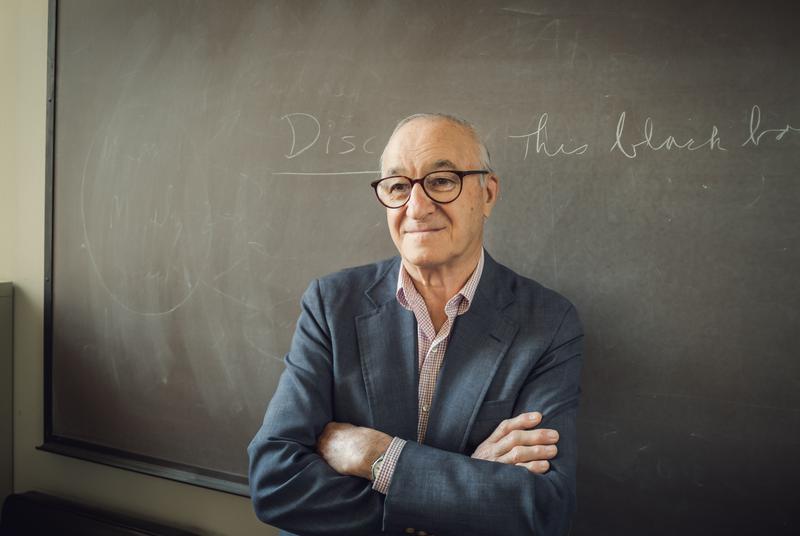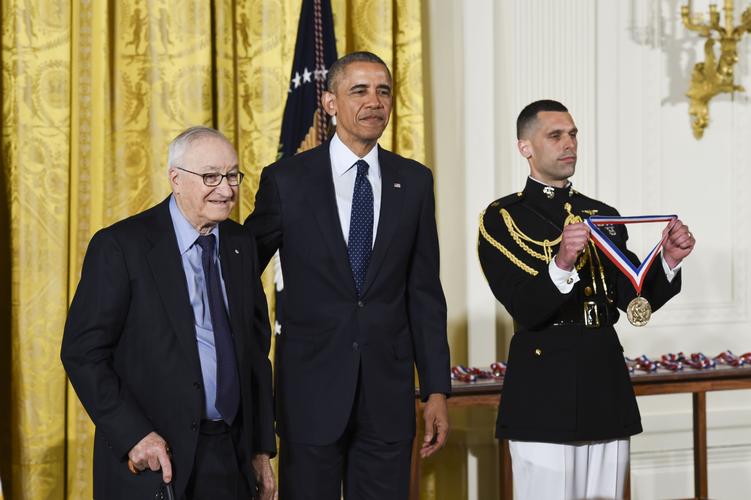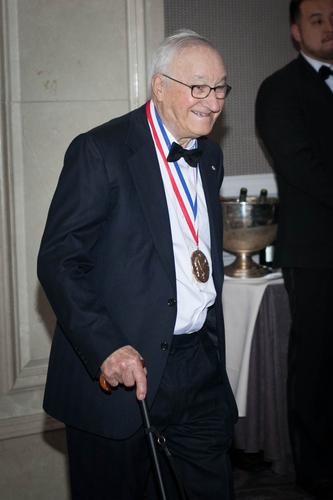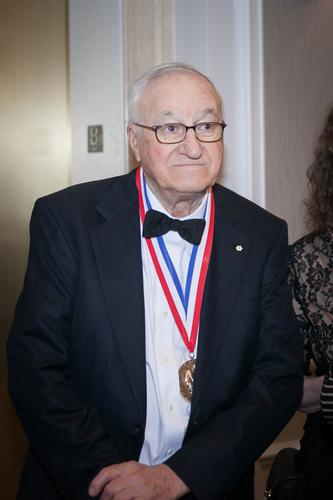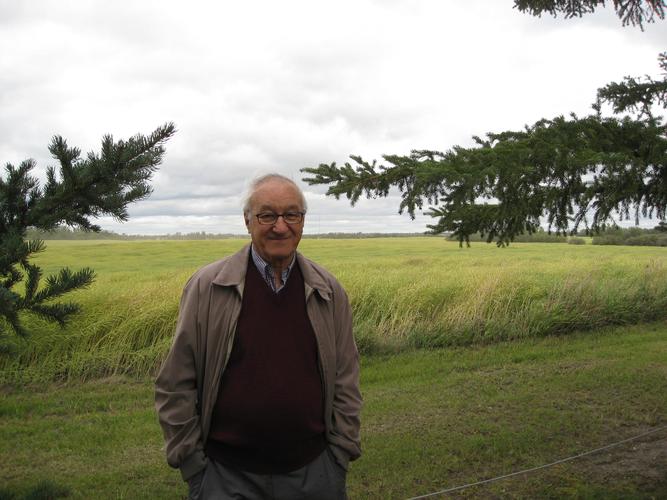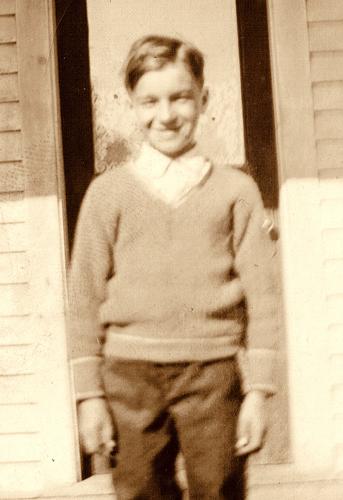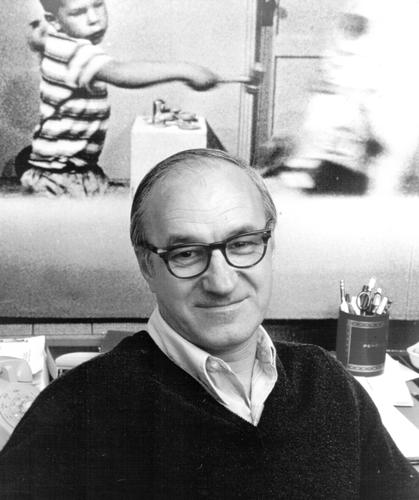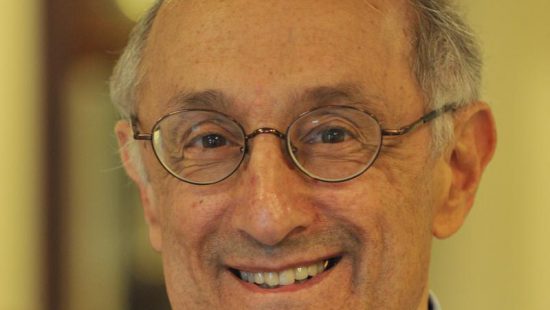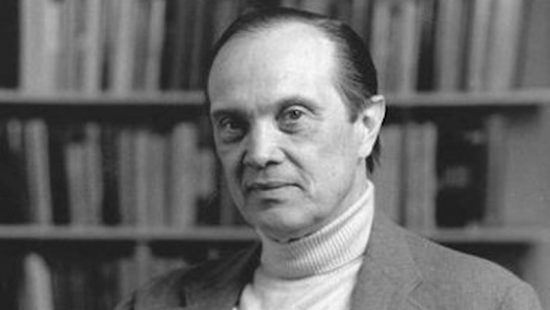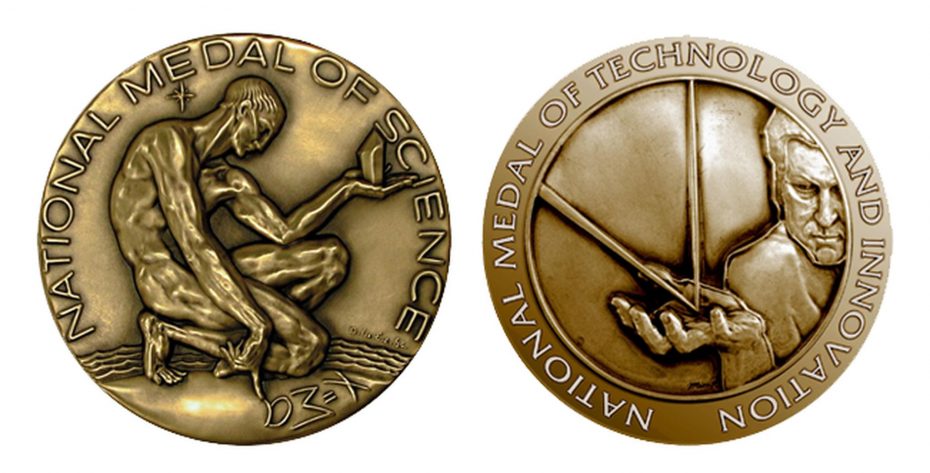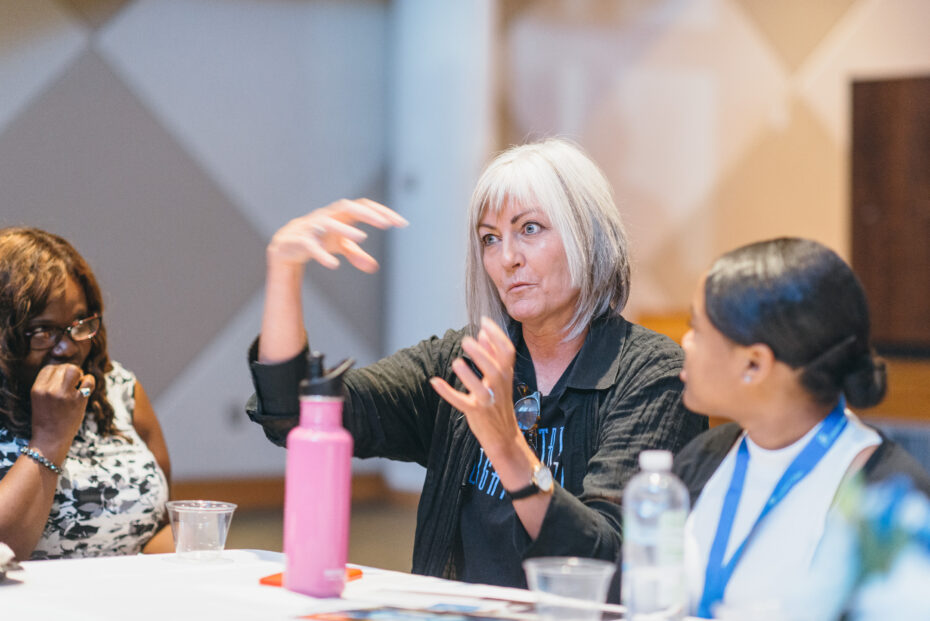A child blurts out a swear word after hearing a parent do the same.
A teenager acts out a scene from a violent video game.
A partygoer clutches a beer, because everyone else is drinking.
This act of learning through observation, called “social learning theory,” was conceptualized by Stanford University psychologist Albert Bandura in his famed Bobo doll experiment.
Throughout the early 1960s, Bandura monitored the behavior of preschoolers who had just witnessed adults display varying degrees of aggression toward an inflatable clown doll.
Children who saw adults punching and hitting the doll were more likely to engage in similar violent behavior than children who watched adults ignore the toy.
Bandura would later further his groundbreaking research with the idea of “self-efficacy,” the impact of a person’s belief in their own abilities to succeed.
“People with high assurance in their capabilities approach difficult tasks as challenges to be mastered rather than as threats to be avoided,” he wrote.

